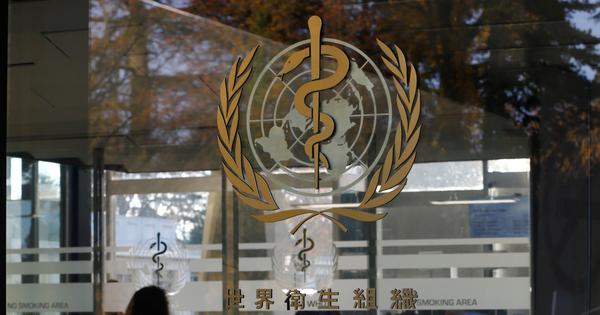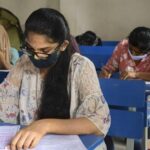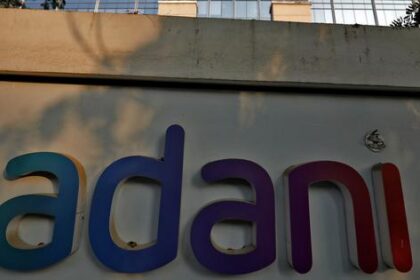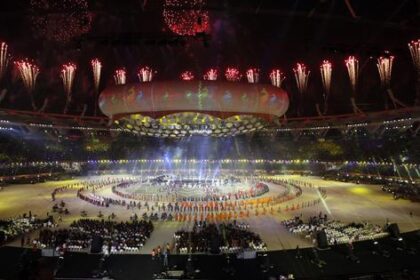Contaminated cough syrups trigger health alert after 22 child fatalities in Madhya Pradesh and Rajasthan.
The World Health Organization (WHO) has issued a medical alert regarding the use of three specific cough syrups that were found to contain diethylene glycol in excess of permissible limits. This chemical is known to pose serious health risks, including acute kidney and liver failure. The affected products are Coldrif Cough Syrup manufactured by Sresan Pharmaceutical in Tamil Nadu, Respifresh TR from Rednex Pharmaceuticals in Gujarat, and ReLife produced by Shape Pharma.
The WHO’s action follows the tragic deaths of 22 children in Madhya Pradesh over the past month, with these fatalities linked to the consumption of Coldrif cough syrup. Reports indicate that several of these children had been experiencing fever and cold symptoms prior to taking the syrup, leading to severe reactions such as vomiting and difficulty urinating. The first reported death occurred on September 2, and subsequent investigations revealed alarming findings.
On October 2, officials from the Tamil Nadu directorate of drugs control identified that samples of Coldrif did not meet standard quality requirements. Just days later, Madhya Pradesh authorities reported that one sample of Coldrif contained a staggering 48.6% of diethylene glycol, far exceeding safe levels. Further tests revealed that a sample of the ReLife syrup had 0.616% of the chemical, while Respifresh TR contained 1.34%. The acceptable threshold for diethylene glycol as an impurity in such products is set at 0.1%, highlighting a significant quality compliance issue. Experts have pointed out that even trace amounts of this substance should be entirely absent from ingestible syrups.
On October 8, the Central Drugs Standard Control Organisation of India notified the WHO about the presence of diethylene glycol in at least three oral liquid medicines. This alert followed earlier information received by WHO regarding localized clusters of acute illness and child fatalities in India. The health organization stated that Indian authorities confirmed that these contaminated formulations had not been exported outside the country and that there is currently no evidence of illegal exports occurring.
In response to this critical situation, the WHO has urged National Regulatory Authorities to consider enhanced market surveillance, particularly focusing on informal and unregulated supply chains where these products could be circulating undetected. This warning coincides with the WHO’s previous concerns regarding regulatory gaps in the testing of syrup medicines in India.
On October 9, the Madhya Pradesh Police arrested G Ranganathan, the owner of Sresan Pharmaceutical Manufacturer, in Chennai. Following the revelations and rising public health concerns, the manufacturing license of the firm was revoked. Additionally, two drug inspectors from Tamil Nadu faced suspension for their failure to conduct adequate quality checks on the products manufactured by Sresan Pharmaceutical over the past two years.
In light of the ongoing health crisis, the affected cough syrup formulations have been banned in several states, including Tamil Nadu, Madhya Pradesh, Kerala, Karnataka, Punjab, Himachal Pradesh, Uttar Pradesh, Puducherry, West Bengal, and Delhi. Authorities are under increasing pressure to address the quality control issues within the pharmaceutical sector to prevent further tragedies.








